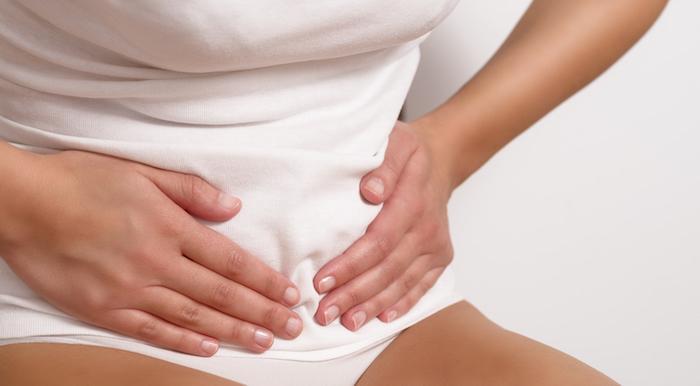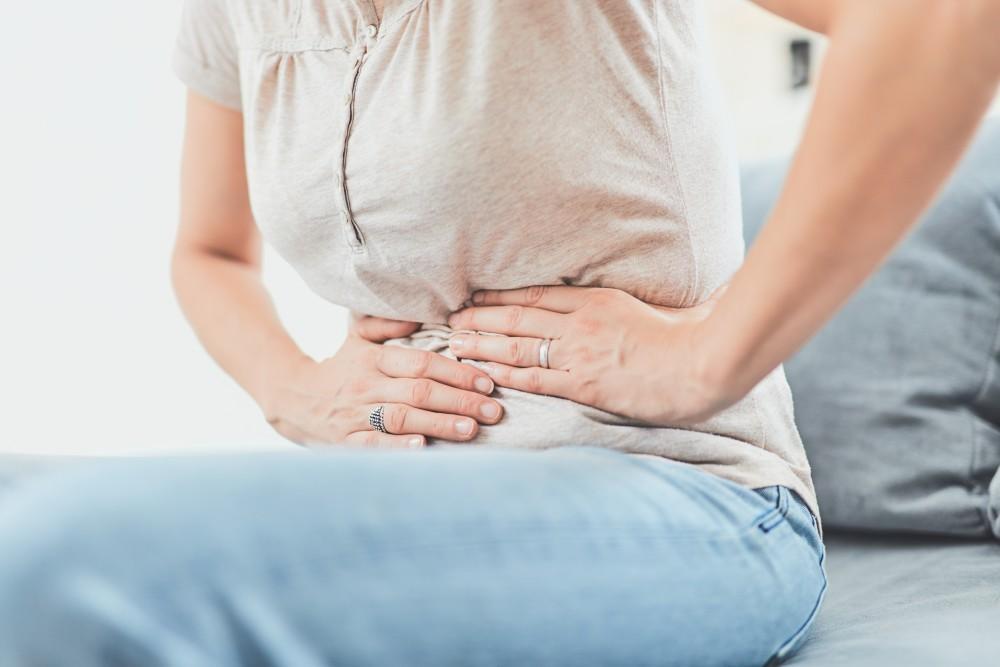
Common Myths about Fibroids
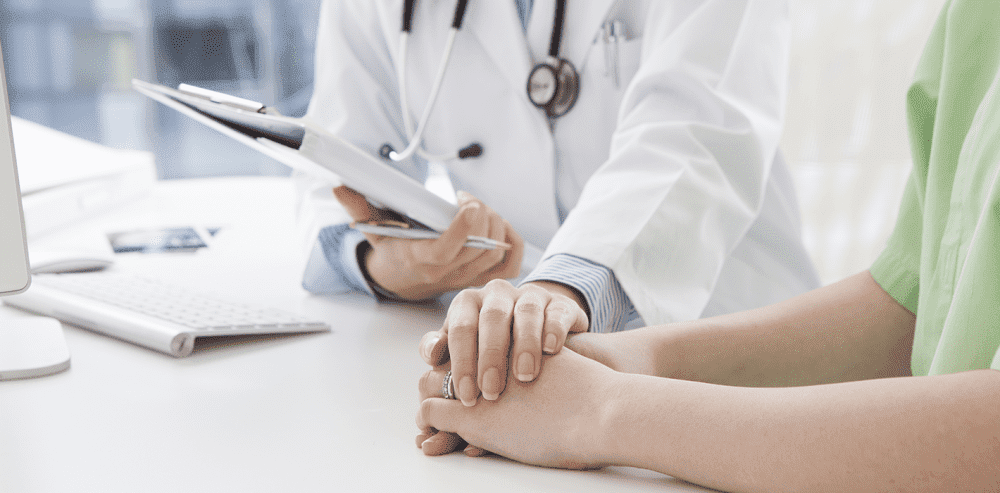
Did you know more than 35 million American women struggle with uterine fibroids? Although these benign growths are common, they’re surrounded by myths that can cause fear and anxiety for anyone with a fibroid diagnosis.
At Alate Health in Houston, Texas, our experienced providers specialize in diagnosing and treating uterine fibroids. We’re also committed to patient education and want to ensure our patients have the facts — not myths — about these non-cancerous tumors.
Here’s a look at some of the most common myths about fibroids and the truths behind them.
MYTH: All fibroids cause debilitating symptoms
There’s no doubt that some women experience debilitating symptoms related to uterine fibroids. These symptoms may interfere with your daily life, making it difficult to carry out your daily tasks without interruption.
But not all women with fibroids have noticeable symptoms. Some women don’t know they have fibroids until they’re revealed during a routine exam or imaging study. And even if you have symptoms, they aren’t always obviously related to fibroids, such as:
- Lower back pain
- Constipation
- Frequent urination
- Troublesome periods and abnormal bleeding
- Painful intercourse
Because these symptoms may also point to other underlying health conditions, it’s imperative to get an evaluation by a trained fibroid specialist, like the team at Alate Health.
MYTH: Having uterine fibroids means I’ll get uterine cancer
Fibroids are growths of muscular tissue that form tumors that can vary in size from a tiny seed to melon-sized. They can grow in different places including within your uterine cavity, inside the uterine wall, and sometimes even outside your womb.
But even though fibroids are a type of tumor, they don't increase your risk of getting uterine cancer or any other type of cancer. Less than one in 1000 fibroids are cancerous, so having fibroids does NOT mean you’ll get cancer.
MYTH: If I have fibroids, I’m infertile
Studies support the fact that fibroids sometimes contribute to infertility. In reality, only about 1-2% of fibroids affect your ability to get pregnant.
How fibroids impact your fertility has a lot to do with the size of the tumors and their location in your uterus, usually by creating one or more of these changes in your reproductive organs:
- Stopping sperm from entering your uterus
- Limiting sperm motility
- Changing the shape of your uterus
- Blocking sperm from accessing your fallopian tubes
- Limiting blood circulation, which makes implantation challenging
If you’re struggling to conceive and worried fibroids may be a contributing factor, schedule an appointment as soon as possible with your Alate Health provider for an evaluation. Early treatment can make conceiving more likely.
MYTH: Hysterectomy is the only treatment for fibroids
Without a doubt, hysterectomy is NOT the only treatment available for fibroids. While some women who aren’t expanding their families may opt for this treatment, there are other options. And some women may not need treatment at all.
If you're not experiencing any symptoms related to fibroids, your Alate Health provider may recommend watchful waiting. Other non-surgical treatments include:
- Over-the-counter pain relievers
- Prescription birth control to slow fibroid growth and manage bleeding
- Gonadotropin-releasing hormone agonists (GnRHa) medications to help shrink fibroids
- UFE (uterine fibroid embolization)
At Alate Health, our team specializes in non-surgical uterine fibroid embolization (UFE), a minimally invasive procedure that shrinks fibroids and eases their symptoms. This safe and effective treatment decreases blood flow to the fibroids, causing them to shrink — without the need for invasive surgery.
Learn more about fibroids and how we can help alleviate your fibroid symptoms by contacting the specialists at Alate Health in Houston, Texas. You can also request an appointment online at your convenience.
You Might Also Enjoy...

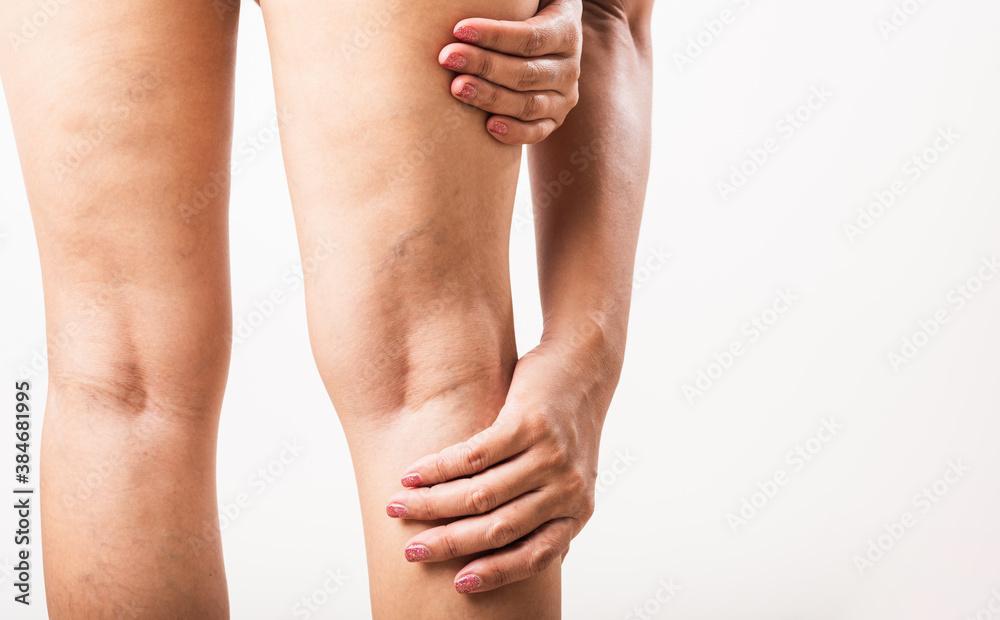
I'm Nervous About My Upcoming VenaSealTM Procedure

Telehealth: The Advantages of Telemedicine
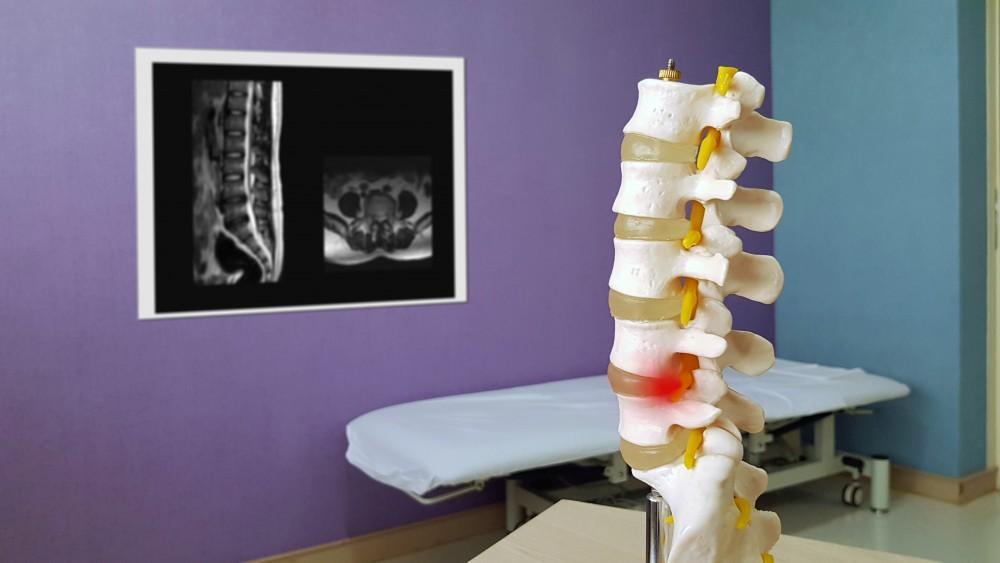
What Caused My Spinal Stenosis?
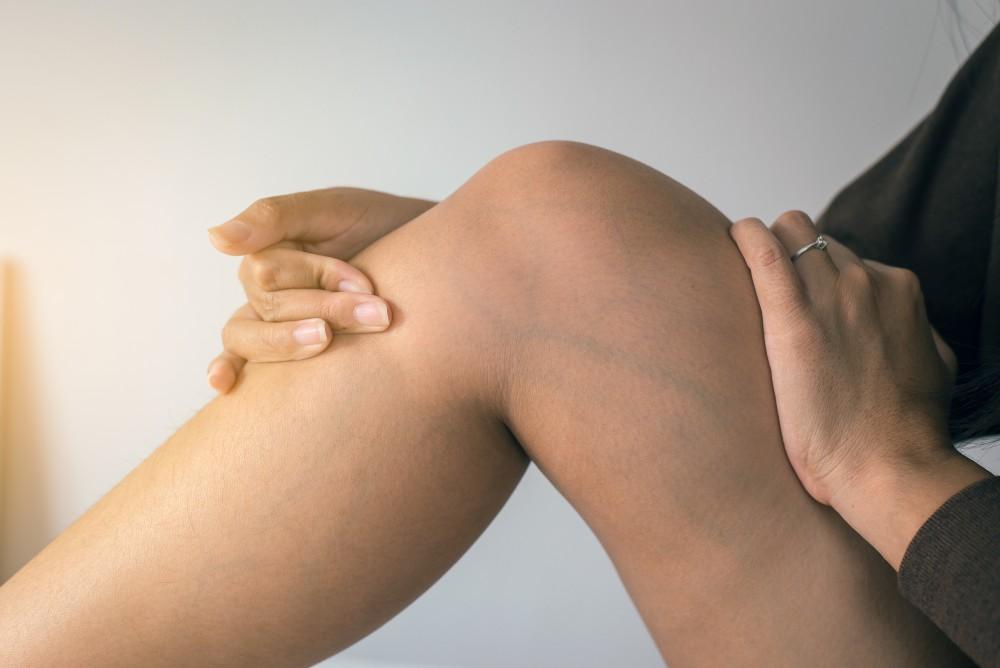
I'm Embarrassed About My Varicose Veins
